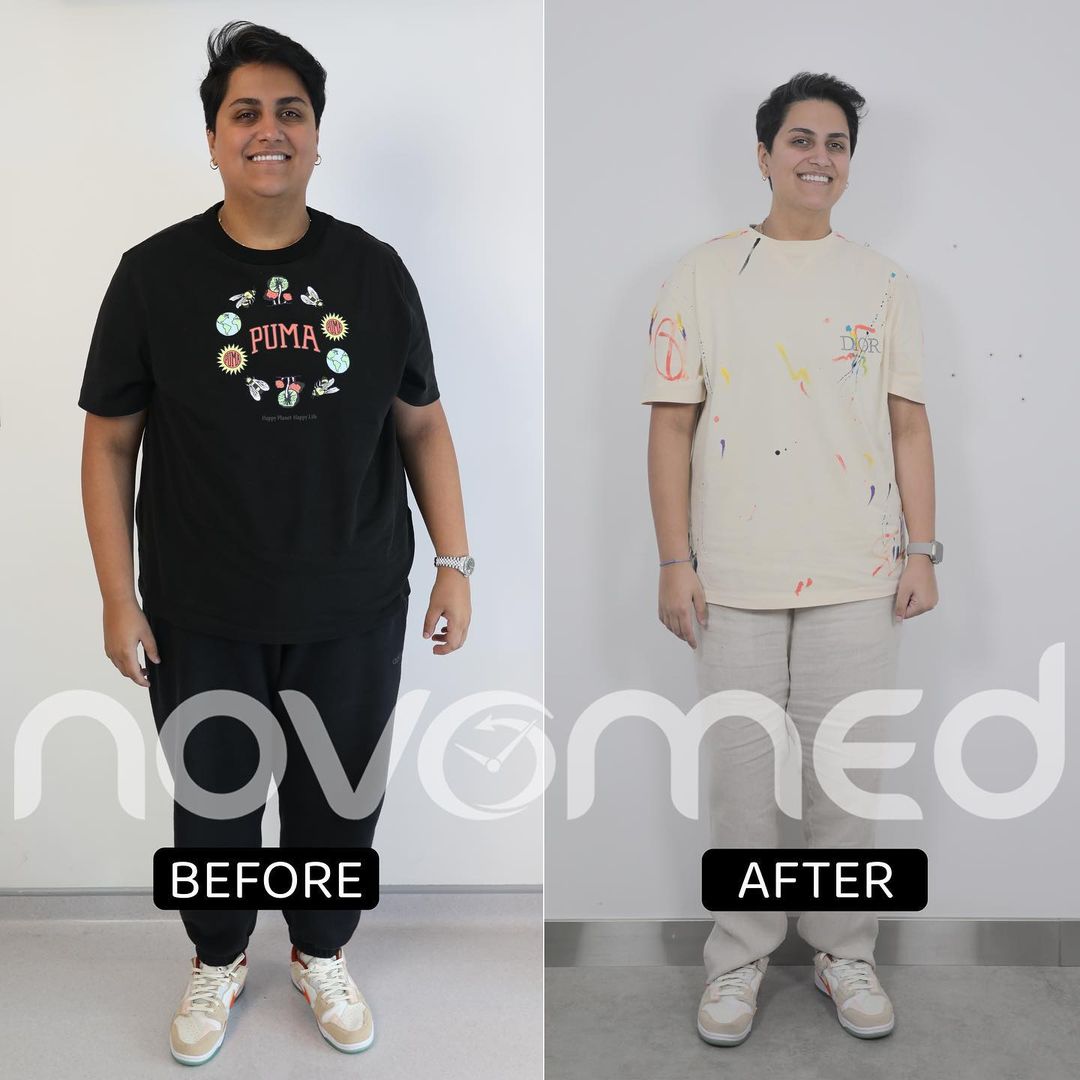
May 28, 2023
Mechanism of Action of Fat Dissolving Injections
May 28, 2023

The day-to-day lifestyle of an average person has rapidly changed over the years. Unfortunately, unhealthy habits that have taken over people’s lives have become increasingly problematic as the number of obese patients worldwide has doubled since the 1980s.
Obesity is a condition where the body stores too much fat. If you have a Body Mass Index or BMI of 30 or above, it is considered obese. This condition can lead to other life-threatening diseases like high blood pressure, diabetes, high cholesterol, and heart disease.
Some obese people seek treatment through medication, and others through lifestyle changes. A low-fat diet, small regular meals, and daily exercise are the most recommended lifestyle improvements to prevent and reduce obesity.
All these treatments target weight loss, which helps restore the body fat level to its normal range. For some people, it’s easy to lose weight quickly, while for some, it takes a longer time. Some people can consume a high-fat diet and not gain weight quickly, while others have to control their diet to control their weight. It is simply due to everyone’s unique metabolism. The food we eat becomes the energy we use, thanks to metabolism. If your body burns a small number of calories, your metabolism might be slower than someone with a fast metabolism who burns many calories.
The body stores fat in two different ways. The fat we can see and touch is stored underneath the skin, called subcutaneous fat. This type of fat is relatively harder to lose, especially in some areas like the stomach, hips and waist, upper arms, buttocks, thighs, and chin (double chin). Exercise and diet changes don’t help as much in losing this type of fat.
Weight-loss injections: How they work
Weight-loss, less invasive, and non-surgical injections are used to combat this. Fat-dissolving injections contain deoxycholic acid, a chemical naturally found in the body, created in the liver. It breaks down fat into smaller droplets, making it easier for the body to burn. Fat-dissolving injections inject this chemical into specific areas like the chin in high concentration to dissolve the subcutaneous fat in that area. The dissolved fat is then circulated through the body and digested properly.
If you opt for weight-loss injections, treatments will be necessary every three to four weeks until you achieve the desired result. You will typically begin to see results after around eight weeks, as the body needs adequate time to remove the fat cells.
Fat-dissolving injections are an optimal method of fat removal because they permanently destroy the fat cells, and it’s possible to see healthy results without needing any recovery or downtime afterward.
Latest weight-loss methods like fat-dissolving injections
In addition to weight-loss injections, there are currently Endoscopic procedures with various techniques focused on changing your body’s ability to digest food. Endoscopic procedures lead to rapid weight loss, sustained with dietary and lifestyle changes.
The latest addition to Endoscopic procedures, such as Endoscopic sleeve gastroplasty, and less invasive procedures, such as gastric banding and ballooning, has also revolutionized weight-loss procedures.
Endoscopic weight loss procedures allow doctors to place special devices or medications into the gastrointestinal tract to limit food intake. Endoscopic weight loss procedures are a great option between medication and surgery, with better results than medication, but which are less invasive than surgery and carry fewer side effects and risks.
Endoscopy is a one-day procedure, and the entire process typically takes just a few hours. You will need to take nutritional counseling to assist you in keeping a healthy weight afterward.
Gastric bypass for weight loss
Gastric bypass surgery is a bariatric or weight loss surgery during which your physician modifies your stomach and small intestines to change how they absorb and digest food.
There are two types of gastric bypasses – the Roux-en-Y bypass and the latest procedure and the mini bypass. Depending on your expectations and other health concerns, you will be advised which procedure suits you better. However, the mini-gastric bypass is quicker, technically more manageable, and carries a lower complication rate than traditional gastric bypass surgery.

Contact Dr. Samir if you have any questions

02 Jumeirah Beach Rd - opposite Burj Al Arab - Umm Suqeim - Jumeirah 3 - Dubai
9am-9pm (Saturday- Thursday)
9am-6pm (Saturday)
